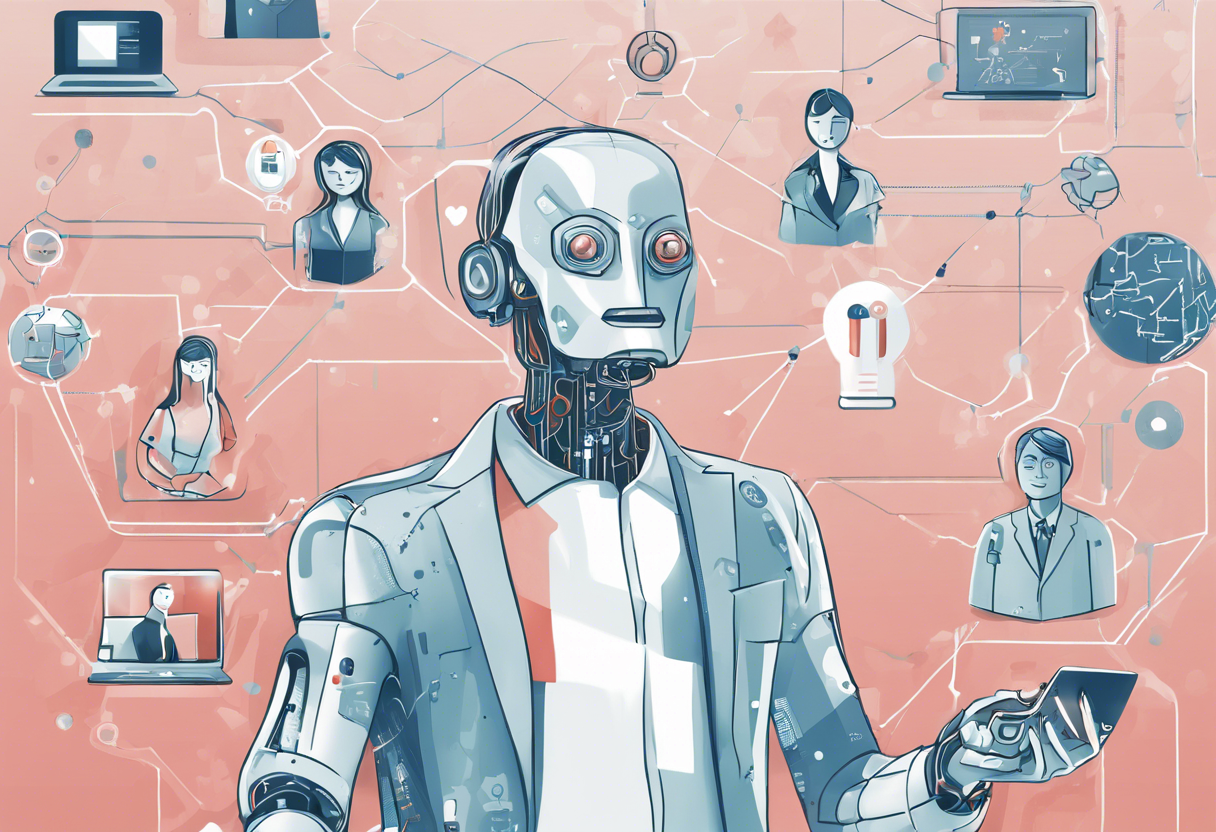In the fast-paced, ever-evolving world of technology, Artificial Intelligence (AI) has become a big buzzword. From self-driving cars to virtual personal assistants, AI is being integrated into various industries and services, making our lives easier and more convenient. However, with the increasing use of AI, there are also ethical concerns that need to be addressed.
One of the main ethical considerations of using AI in online services and businesses is the potential for bias and discrimination. AI systems are created and trained by humans, and they can reflect and magnify the biases of their creators. This can lead to unequal treatment of individuals based on race, gender, or other characteristics. For example, a recruitment AI may favor candidates from certain ethnicities, or a loan approval AI may discriminate against low-income individuals. These biases and discrimination can have serious consequences and need to be carefully monitored and addressed.
Another concern is the lack of transparency and accountability in AI algorithms. Many AI systems use complex algorithms and machine learning, making it difficult to understand how decisions are made. This lack of transparency can lead to a lack of accountability, making it difficult to hold AI systems and their creators responsible for any errors or harm caused. It is important for companies and organizations using AI to be transparent about their algorithms and regularly audit them to ensure fairness and avoid any potential harm.
